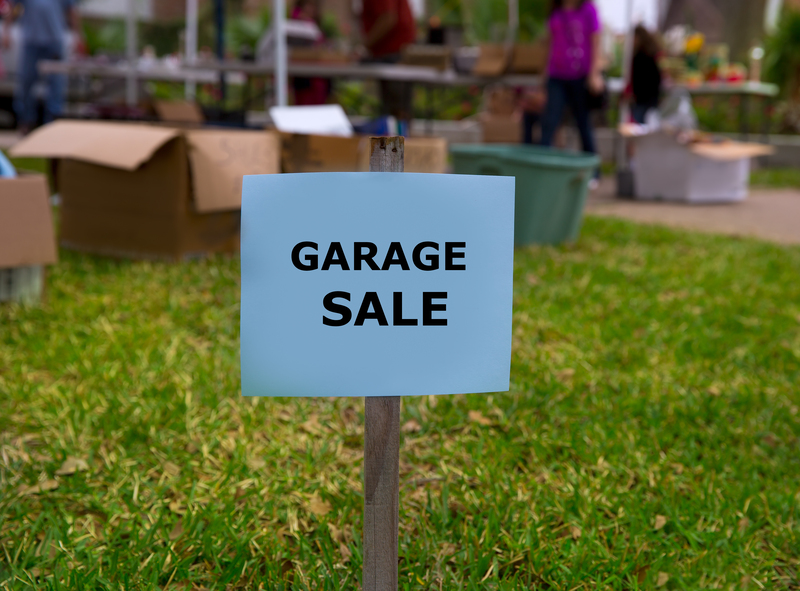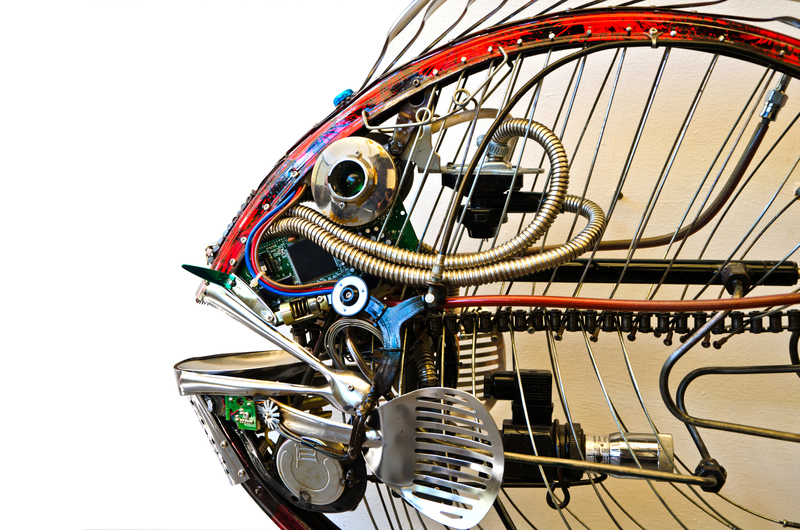Teaching Kids Recycling Basics
Posted on 07/05/2025
Recycling is more than just a buzzword; it's a crucial practice that significantly impacts the environment. Educating children about the importance of recycling not only fosters environmental consciousness from a young age but also sets a foundation for habits that can last a lifetime. This article delves into practical ways to teach kids about recycling, making the learning process fun and engaging.
Why Recycling is Important
Before diving into the methods of teaching, it's essential to understand why recycling is vital. Recycling helps conserve natural resources, reduces landfill waste, saves energy, and minimizes pollution. By instilling these values in children, we are creating environmentally responsible future adults who will continue these practices.

Methods to Teach Kids About Recycling
1. Interactive Learning
Children learn best through interactive experiences. Engaging them in hands-on recycling activities can be both informative and fun. Use recycling games, sorting activities, and themed crafts to make the principles of recycling more relatable.
2. Educational Videos and Books
There are numerous educational videos and books designed to teach kids about recycling. Visual aids can simplify complex concepts and offer a more in-depth understanding of the recycling process. Make it a routine to watch these videos or read these books together.
3. Practical Involvement
Involve children in the household recycling process. Teach them to identify and sort different recyclable materials such as paper, plastic, glass, and metal. Explain each material's recycling process and its environmental benefits.
4. Recycling Field Trips
Take your kids on an educational trip to a local recycling center. Seeing the recycling process firsthand can be eye-opening and memorable. It provides a tangible understanding of what happens to materials after they are recycled.
5. Create Art Projects
Encourage children to use recyclable materials for their art projects. This not only fosters creativity but also reinforces the idea that recycled materials can be valuable.
Tips for Successful Recycling Education
1. Lead by Example
Children tend to mimic the behaviors of adults. Demonstrate good recycling habits, and explain why you recycle. Show enthusiasm and commitment, making it clear that recycling is a priority.
2. Keep it Simple
Avoid overwhelming kids with too much information at once. Start with the basics, and gradually introduce more details as they become comfortable with the concepts.
3. Reward Positive Behavior
Positive reinforcement can go a long way. Reward your child's recycling efforts with praise, stickers, or small incentives to motivate them to continue.
4. Make it Part of Daily Routine
Incorporate recycling into the daily routine to ensure it becomes a habit. Have designated recycling bins easily accessible and labeled clearly.
Pros and Cons of Teaching Kids Recycling
Pros:
- Environmental Awareness: Encourages a lifelong commitment to environmental stewardship.
- Responsibility: Teaches kids about responsibility and the impact of their actions.
- Skill Development: Enhances sorting, decision-making, and organizational skills.
- Family Bonding: Provides a shared activity that families can engage in together.
Cons:
- Complexity: Some recycling processes can be complex and difficult for children to understand.
- Time-Consuming: Educating kids about recycling requires time and consistent effort.
- Accessibility: Not all areas have the same recycling facilities and programs, which can limit practical implementation.
Key Takeaways
- Begin with the basics and use interactive methods.
- Involve kids in the recycling process to provide hands-on experience.
- Use resources like videos, books, and educational trips to enhance learning.
- Encourage creativity through recycling-themed art projects.
- Lead by example and reward positive behavior to build lasting habits.

Conclusion
Teaching kids the basics of recycling is an invaluable lesson that combines responsibility with environmental consciousness. By adopting interactive and practical teaching methods, parents and educators can ensure children understand and appreciate the importance of recycling. Although there are challenges, the benefits far outweigh the drawbacks. Ultimately, educating the younger generation about recycling is a step towards a more sustainable and eco-friendly future.
Resources for Further Reading
For more information and resources, consider visiting websites such as:
- EPA Recycling
- The Recycling Guide for Schools and Kids
- The Story of Stuff Project
Latest Posts
Environmental Harm from Poor Waste Practices

 020 3744 5548
020 3744 5548










